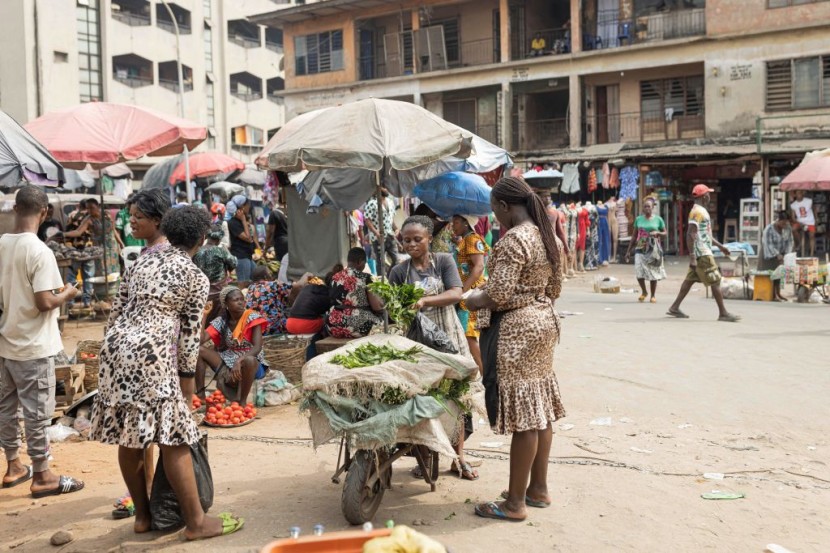
Nigeria has declared a state of emergency, giving the government the authority to take extraordinary measures to address the country's dire food security and supply situation as rising prices hit ordinary citizens hard.
Dele Alake, the spokesperson for President Bola Tinubu, stated at a press conference in Abuja late Thursday, July 13, that the decision would set in motion a number of initiatives.
These include the removal of forests for farmland to enhance agricultural production and reduce food inflation. This comes after the president's reform of the currency rate and the elimination of gasoline subsidies, both of which he implemented in May.
Alake claims that the cost of food is rising beyond the affordability of most Nigerians. "This has led to a significant drop in demand, thereby undermining the viability of the entire agriculture and food value chain," he stated, via Bloomberg's report.
Reinvest Gas Subsidy Savings in Agricultural Reform
Since the fuel subsidies were eliminated, which were costing as much as $10 billion per year yet kept gasoline prices one of the lowest internationally, food and transportation costs in Africa's most populous country have increased.
Alake has said that the government plans to invest the money saved from ending gas subsidies towards agricultural reform.
While the central bank continues to support the agriculture sector, a National Commodity Board will be established to monitor food prices, keep a strategic food reserve on hand, and moderate price swings, according to Sahara Reporters.
The government also has plans to free 500,000 hectares of land from land banks, in part through removing wooded areas, in order to improve cropland and agricultural production.
Prior to Tinubu's subsidy cuts, West African consumer price increases had already surged to an almost 18-year high of 22.4% in May. Food inflation soared by almost two full percentage points faster than the overall rate of price growth.
Due to years of instability and recent floods in the country's center north region, agricultural output has decreased. And this drives up food costs.
Bank of America's economist for sub-Saharan Africa, Tatonga Rusike, predicts that the withdrawal of gasoline subsidies would cause prices to rise by another 30% by the end of the year.
Rise in Local Starvation and Petty Theft
One week after the subsidies were cut, food prices in Borno State in northern Nigeria climbed 36% and transportation fares 78%, according to a report by Mercy Corps, a humanitarian organization working in the area. This is an indication of the emerging price pressures.
The study states that this has led to an increase in hunger and petty burglary in the local community.
The analysis claims that "more people are resorting to walking long distances instead of using motorized transport, and some students have stopped attending school due primarily to high transportation costs."
© 2025 HNGN, All rights reserved. Do not reproduce without permission.








